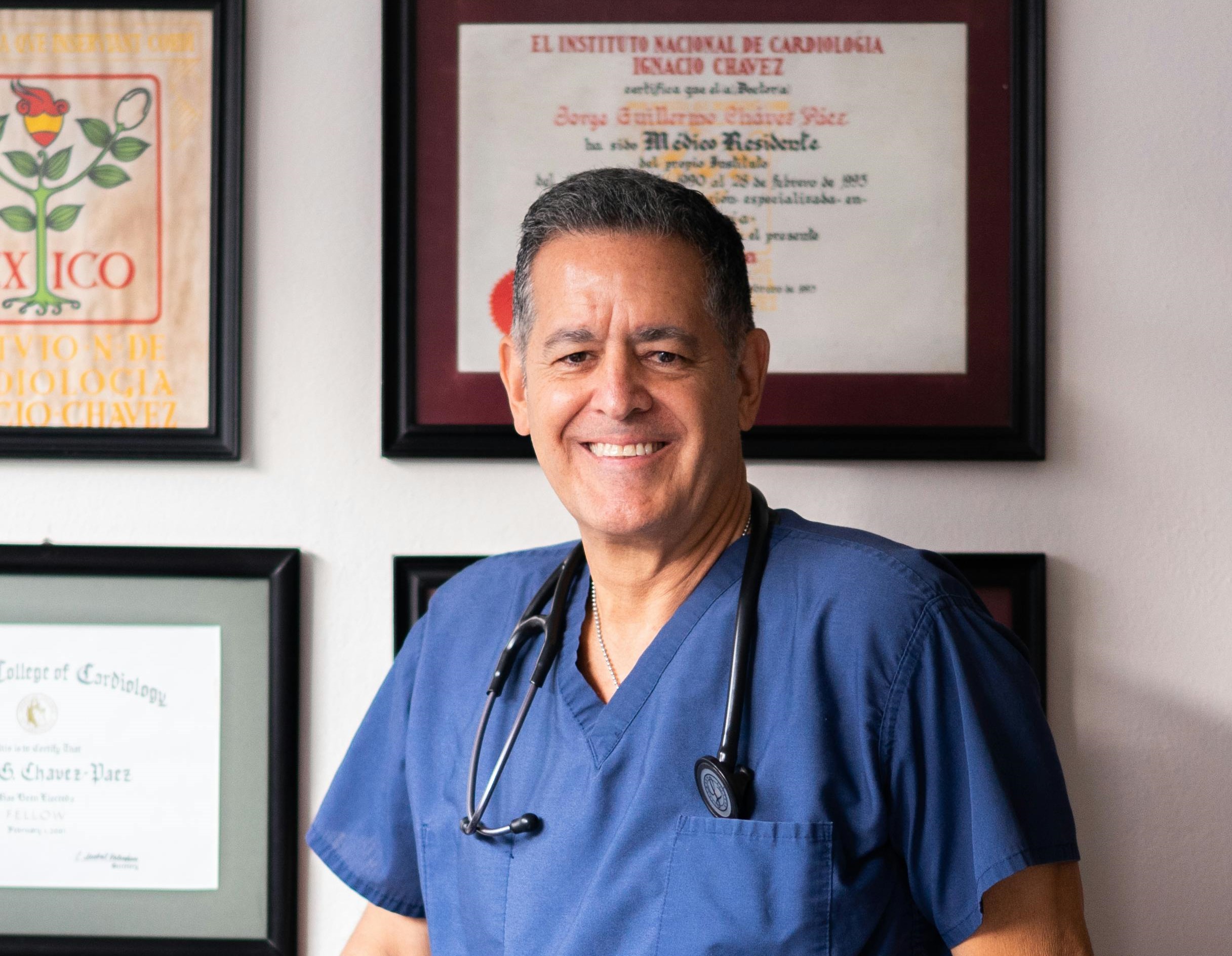
Dr. Eric Topol
November 24th, 2024
125k
4.8
The Future of Cardiovascular Care
Cardiovascular disease remains a major global health challenge. Dr. Topol emphasizes the role of early detection through AI and digital tools. Smartwatches and sensors now monitor heart rhythms in real time. This allows patients to get help before symptoms become severe. Remote care is also expanding access for those in rural areas. Doctors can adjust treatments quickly, improving long-term outcomes. Technology is empowering both patients and physicians. The future of heart care is more connected, efficient, and human-centered. But challenges remain, especially with data privacy and system costs. Healthcare systems must invest in training and infrastructure. Doctors need to stay updated with fast-changing digital tools. Patients, too, must learn how to manage their health data responsibly. Despite hurdles, progress is steady and hopeful. Dr. Topol believes a balance between human care and technology is key.

Dr. Eric Topol
November 24th, 2024
125k
4.8
The Promise of Healing Without Limits
Tissue regeneration is reshaping how we think about healing and recovery. Stem cell therapy is showing promise in repairing heart muscles after heart attacks. Researchers are also growing mini-organs (organoids) to study diseases and test drugs. In burn victims, lab-grown skin is reducing complications and improving recovery time. 3D bioprinting now allows scientists to replicate parts of kidneys and livers. The goal is to someday grow fully functional organs for transplant from a patient’s own cells. This would eliminate rejection and reduce transplant waitlists. But challenges remain, from cost to complex immune responses. Regenerative medicine is still young—but the future looks powerful and personal.

Dr. Eric Topol
November 24th, 2024
125k
4.8
Why Every Breath We Take Matters
Air pollution is now considered one of the leading environmental risks to health. Fine particles from traffic and industry reach deep into the lungs and bloodstream. These particles contribute to asthma, strokes, heart attacks, and even dementia. Children, the elderly, and those with chronic conditions are most at risk. Advances in sensor technology let people monitor their personal air quality. Cities are adopting green zones and electric transport to reduce harmful emissions. Doctors are calling for cleaner indoor air as well—ventilation matters just as much. Health isn’t just about the lungs—it’s about what fills them daily. Cleaner air is not a luxury. It’s a public health necessity.

Dr. Eric Topol
November 24th, 2024
125k
4.8
Neurocare: Treating the Brain in the 21st Century
Brain-related conditions like Alzheimer’s and Parkinson’s are rising globally. Advanced imaging now allows doctors to detect changes years before symptoms show. Early diagnosis can improve care and planning for patients and families. New drugs are slowing memory loss and improving cognitive function. Electrical brain stimulation is helping patients with depression and epilepsy. AI is also being used to study neuron activity and develop better treatments. Mental health is receiving more attention in hospitals and clinics. Doctors now treat the brain with a mix of medication, tech, and therapy. The future of neurocare is bright—and deeply human.
Popular News

Immunity
AI and wearable tech are transforming how...

Mind
Technology is changing how we think and remember...

Heart
The future of cardiology is fully personalized...

Lungs
Air quality has a direct impact on respiratory health...




